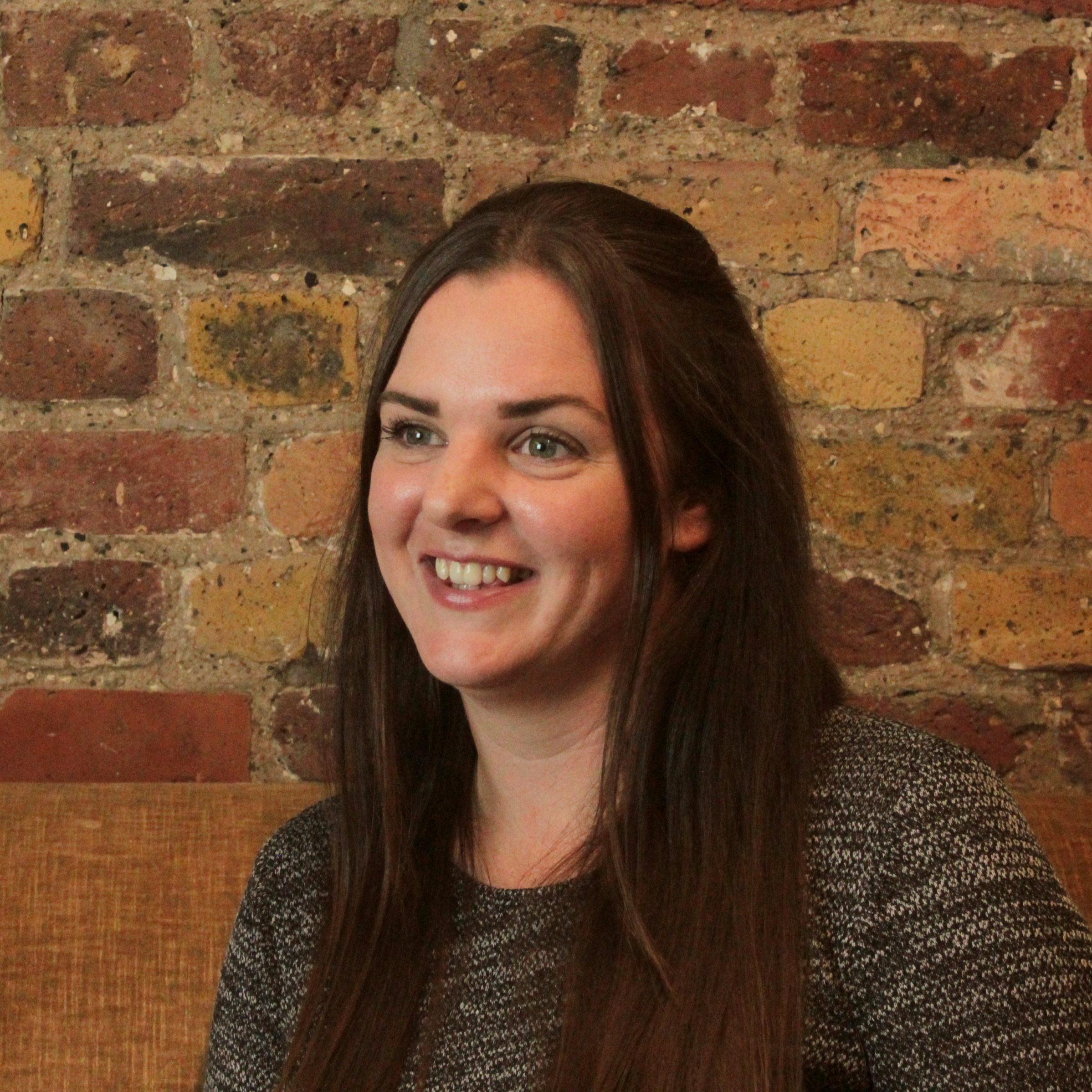Parental responsibility and legal parenthood are legal terms which relate to the rights and responsibilities which parents and other adults have in relation to children. Both are possible at once but also individually without the other. Below, we look at the nuances of the differences for each.
Legal parenthood
Being a legal parent is significant. It affects whether you are financially responsible for a child, whether the child will inherit your assets and your British nationality, and your rights to make court applications if there is a dispute in relation to the child. Legal parenthood is about status and connection and it lasts for a lifetime.
Parental responsibility
Parental responsibility concerns who has the rights and responsibilities to make decisions about a child’s care before they are 18. Parental responsibility affects the more day-to-day decisions relating to a child’s care, it can relate to things such as:
- the right to make decisions about the care and upbringing of the child,
- the right to choose their religion and,
- the right to determine what kind of education a child has.
Can I have one without the other?
Yes. In certain situations you can be a legal parent without parental responsibility. An example may be if you are the biological father of a child born overseas to an unmarried surrogate – you will be treated as the legal father for the purposes of British nationality, but you will not have parental responsibility to make decisions about your child’s care in the UK (until you obtain a parental order).
It is also possible to have parental responsibility without being a legal parent. For example, if you are a step-parent you might have signed a parental responsibility agreement to enable you to make day-to-day decisions about your step-child’s care without being a full legal parent.
Am I a legal parent?
Most parents do not need to think about whether they are their child’s legal parent, but for parents of children conceived through assisted reproduction (including donor conception, co-parenting and surrogacy) and LGBT parents, the law has some very specific rules about who is and is not a legal mother, father or parent.
Become a legal parent
The only way to change legal parenthood is by way of parental order (if your child was born through surrogacy) or adoption. This is done by making an application to a family court, and it leads to the issue of a new birth certificate or an adoption certificate which replaces your child’s original birth certificate.
A child can have no more than two legal parents, so an adoption or parental order will usually extinguish the legal parenthood of someone else as well as giving it to you.
There are also situations in which it is not clear whether someone is a legal parent, and the family court can then make a declaration of parentage to make this clear. There have been many recent cases involving incorrectly completed clinic forms after donor conception, where the court has been able to give intended parents legal security.
Get parental responsibility
Some legal parents have parental responsibility automatically (in most cases, being named on your child’s birth certificate means you have parental responsibility). Others need to take steps to acquire parental responsibility through a court application or, in some circumstances, by signing a court form.
There is no limit on the number of people who can have parental responsibility and parental responsibility is not lost because someone else obtains it: it is shared.
By Kelly Blaxall

Leading experts in adoption law
Find out more about how we use adoption law to make families secure



